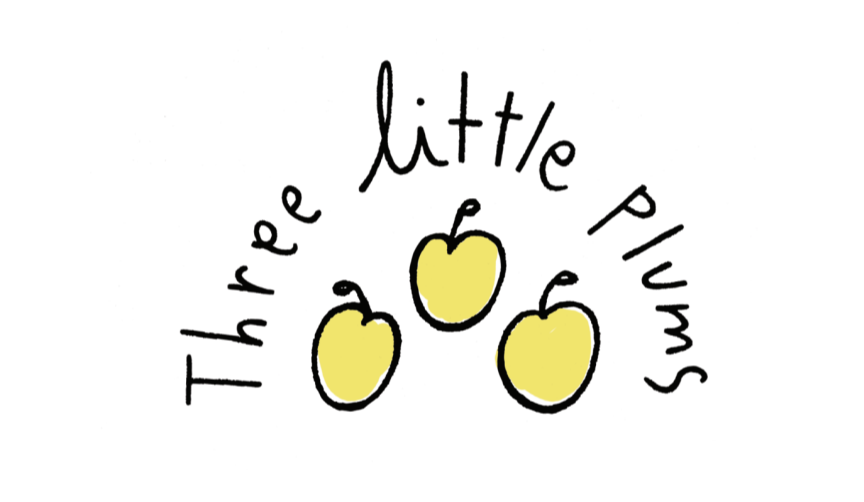Is Aluminum Foil Safe?
Is it safe to cook with aluminum foil?
Let’s take a closer look
What is aluminum?
Its a metal that is naturally occurring and provides no function in our body.
In excess it is considered a neurotoxin and can affect bone, brain, muscle and other tissues.
Aluminum salts can be accumulated by the gut and different human tissues (bones, parathyroid, and brain
While there is conflicting evidence on carcinogenicity, increased levels of aluminium have been found in breast cancer patients compared with control healthy subjects
IS ALUMINUM FOIL SAFE?
Depends how you use it.
To store foods temporarily or cover leftovers: This is safe & should not expose your food to aluminum
Cooking with aluminum foil: I would avoid when possible, as various studies have found that aluminum can indeed leach from foil to food when heated. Increase leaching occurred with:
higher heat
use of marinades
salty foods
acidic foods
spices
Bottom line
Generally the amount of aluminum coming from cooking with aluminum foil is small and it alone shouldn’t be a source of concern unless you are using to cook daily & unless cooking with aluminum foil is one of various sources of aluminum in your daily like (this is called your’ cumulative exposure’ to aluminum)…… it is important to look at this cumulative exposure which, if high, could affect your or your child’s long term health.
While the body has numerous mechanisms in place to help rid the body of excess amounts of metals like aluminum... we can usually eliminate about 15 mcg of aluminum daily via out urine … but generally these mechanisms are less developed in kids & underperform in some adults (due to genetics or kidney problems or other reasons) so if you fall into these categories taking the precautionary approach and decreasing exposure to aluminum when possible is a good idea.
Additional sources of aluminum
Cooking with Aluminum pans, trays etc
flatware
stovetop expresso machines
Deodorant
Vaccines adjuvant in some vaccines (low levels through these vaccines: Hepatitis A, Hepatitis B, Diphtheria-tetanus-containing vaccines (DT, DTaP), Haemophilus influenzae Type b (HIB-b), and pneumococcal vaccines.) Infants receive about 4.4 mg of aluminum in the first six months of life from vaccines… it is a very low dose but since it is injected it is thought to be a stronger potential effect that dermal or ingested aluminum
Aspartame
Food additives in processed foods
Aluminum-containing food packaging
Toothpaste
Drugs (antacid like TUMS).
drinking water
sources
https://www.ncbi.nlm.nih.gov/pmc/articles/PMC5651828/
https://pubmed.ncbi.nlm.nih.gov/2287776/
http://www.electrochemsci.org/papers/vol7/7054498.pdf
https://pubmed.ncbi.nlm.nih.gov/1490425/
https://www.semanticscholar.org/paper/Risk-Assessment-of-Using-Aluminum-Foil-in-Food-Bassioni-Mohammed/6b230ce0a21ea69d63117f46cc2f831b78387f4a?p2df
cardamon increased leaching of aluminum
http://citeseerx.ist.psu.edu/viewdoc/download?doi=10.1.1.654.1999&rep=rep1&type=pdf
https://www.sciencedirect.com/science/article/pii/S0162013411002078

